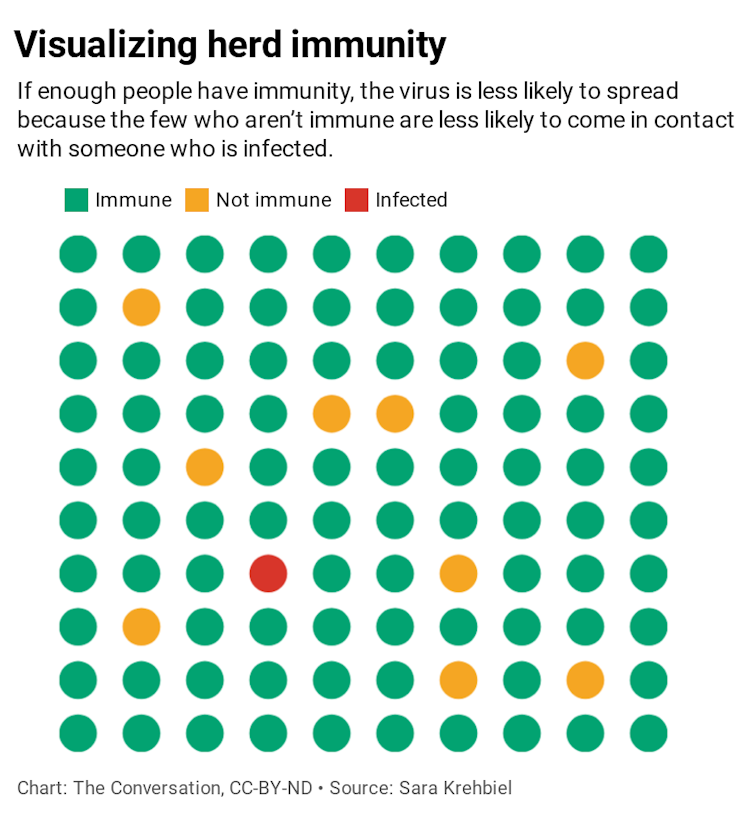
Why in news?
• A new study published in The Lancet has concluded that herd immunity against Covid-19 is difficult to achieve based on estimates of seroprevalence for the entire Spanish population.
About:
• It is a large-scale seroepidemiological study, and concluded that just five per cent of the Spanish population has developed antibodies in response to SARS-CoV-2, the virus that causes Covid-19, which implies that an estimated 95 per cent continues to be susceptible to the virus.
Implications of the study:
• While a seroprevalence study largely provides information only about previous exposure to the virus, this study strengthens the line of argument that in the absence of treatment or a vaccine against Covid-19, achieving herd immunity at this stage is not possible.
• Herd immunity is difficult to achieve without accepting the collateral damage of many deaths in the susceptible population and overburdening of health systems.
• Any proposed approach to achieve herd immunity through natural infection is not only highly unethical but also unachievable.
• Beyond Spain, the study sends signals to other countries: that even in countries that have reported high prevalence of Covid-19, to make them cautious about easing of restrictions.
Herd immunity:

• Herd immunity is the indirect protection from a contagious infectious disease that happens when a population is immune either through vaccination or immunity developed through previous infection.
• This means that even people who aren’t vaccinated, or in whom the vaccine doesn’t trigger immunity, are protected because people around them who are immune can act as buffers between them and an infected person.
• Once herd immunity has been established for a while, and the ability of the disease to spread is hindered, the disease can eventually be eliminated.
For more such notes, Articles, News & Views Join our Telegram Channel.
Click the link below to see the details about the UPSC –Civils courses offered by Triumph IAS. https://triumphias.com/pages-all-courses.php

